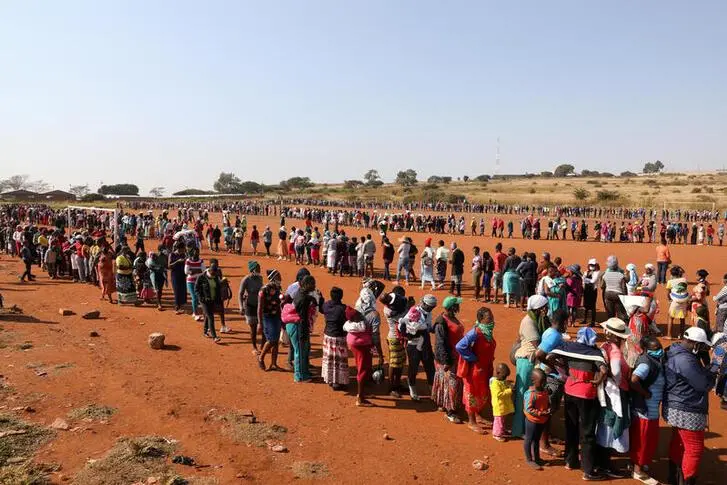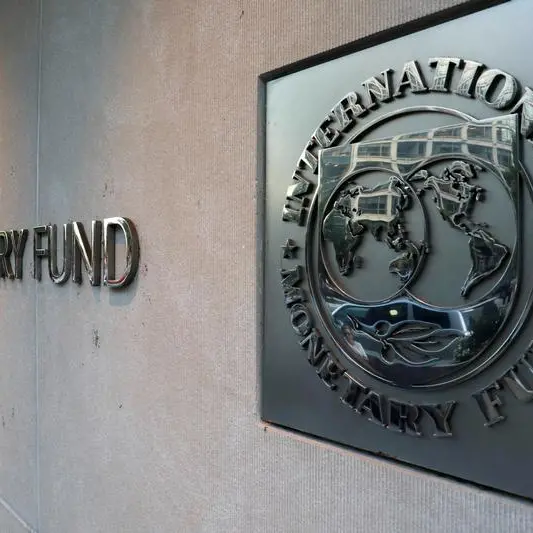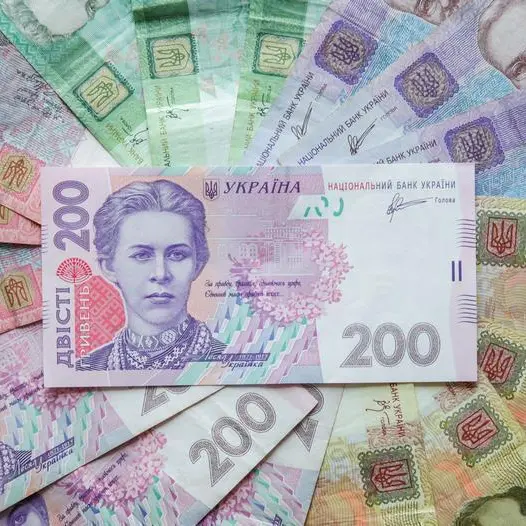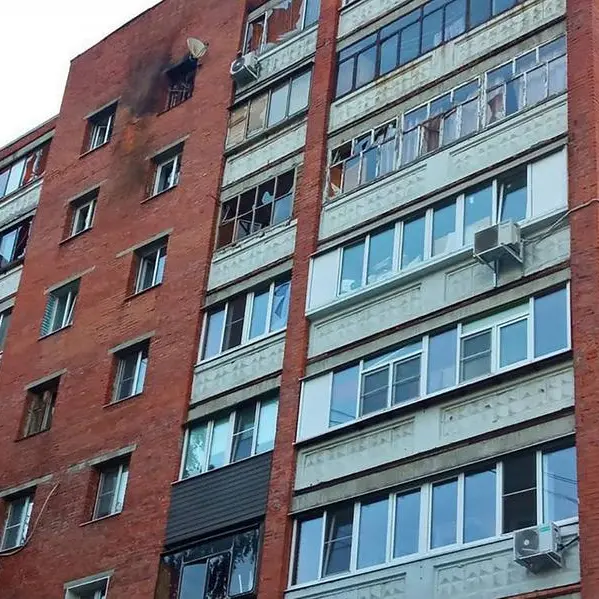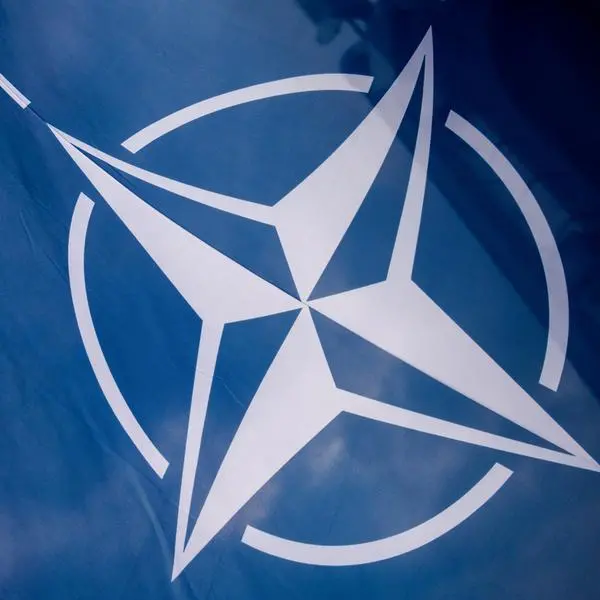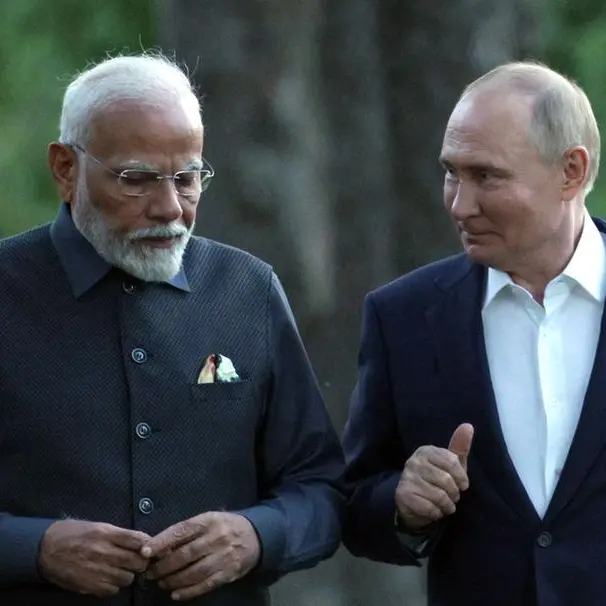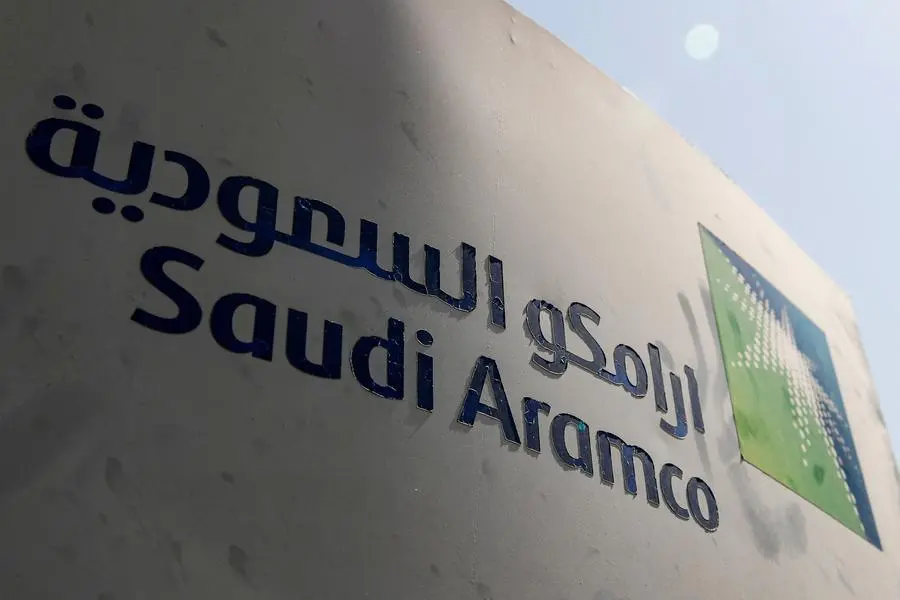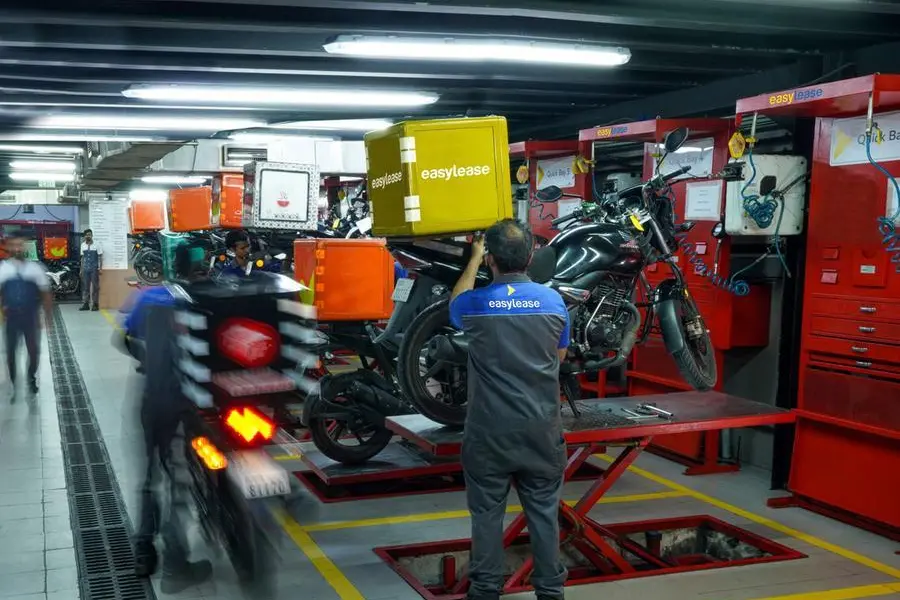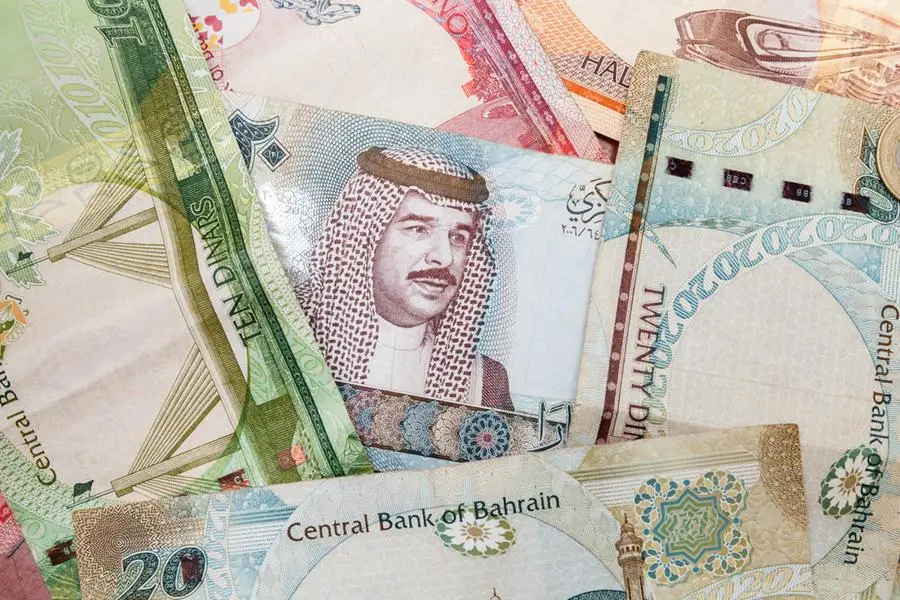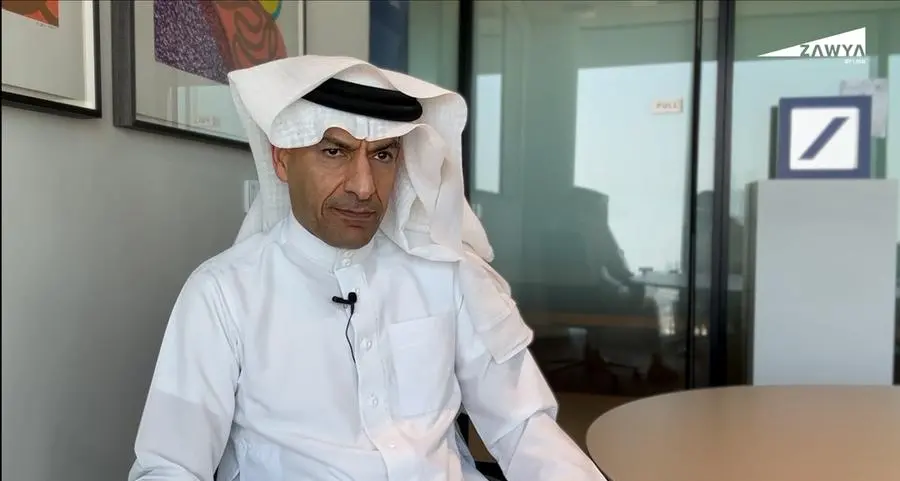PHOTO
Sovereign states in the Middle East and Africa face heightened social risk from rising food prices and food insecurity, which will slow governments’ plans to reform subsidies, according to a new report by Moody’s.
In an emerging market report on impacts of the Russia-Ukraine conflict, Moody’s said the war, which is approaching its third month, is amplifying pandemic-led credit deterioration for many sovereigns and exacerbating risks for some in the region, including Egypt, Lebanon and Jordan.
The report said South Asia, Middle East and African sovereigns have greatest exposure to heightened social risk, with rising prices and food insecurity likely to increase social and political risks and slow several governments’ plans to reform subsidies.
Social tensions caused by high food prices are most likely in countries where the conflict will cause shortages, including Egypt, which relies on Russia and Ukraine for 45 percent of its wheat imports, according to Moody’s data.
In Lebanon, which imports 80 percent of its wheat from the two countries, ongoing recovery in domestic demand will not be enough to offset the terms of trade shock, which could be amplified by slow growth, the report said.
The same issues will impact Jordan, which imports less than 20 percent of its wheat from Russia and Ukraine but is among the sovereigns most dependent on food imports globally, along with Mauritius and Namibia, it added.
By contrast, favourable trade terms will benefit commodities exporters, especially major oil and gas producers, the report continued.
“This will boost the already robust current account surpluses of Gulf Cooperation Council (GCC) sovereigns such as Kuwait (A1 stable), Qatar (Aa3 stable) and Saudi Arabia (A1 stable),” the report said.
(Writing by Imogen Lillywhite; editing by Seban Scaria)
